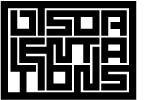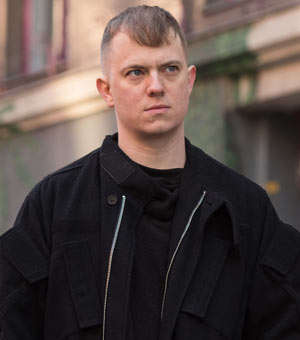Of Kids and Parents
by Travis Jeppesen on August 31, 2008
Of Kids and Parents by Emil Hakl, translated from the Czech by Marek Tomin (Prague: Twisted Spoon Press, 2008)
Twisted Spoon’s latest publication, a translation of Emil Hakl’s Of Kids and Parents, is a simple novel, if any novel can really be called simple, but simple in a deceptive way, in that it connects its characters’ seemingly mundane lives to larger events in history – namely, the history of Czechoslovakia and Eastern Europe in the last century. The book largely consists of a dialogue between father and son. As the jacket blurb rightly notes, the narrative is centered around walking, an act that assumes almost a spiritual importance in European literature (think Ulysses, etc.); if this were an American novel, then they’d probably be driving everywhere; but as this is a Czech novel, specifically a Czech urban novel set in Prague, they walk, and the walk is dotted with stops in pubs, until both protagonists are good and drunk, at which point they can go home for the night and sleep it off. In the beginning, there is nothing spectacular about either of the characters, and this is what makes them interesting; our focus thus remains on the stories they tell one another, until the stories become who they are. In the course of the conversation, the son reveals to his father that he is a father himself – a fact unknown to him until recently – and his efforts to connect with his son are fraught with his painful recognition of himself at that age. And the father, whose life is nearly over, his concerns are largely rooted in the past – one could say he is haunted by the past – and in this sense, he represents history whereas the son, who is middle-aged, is lodged somewhere between the conception of history represented by his father and an awareness that his own glory days are well behind him – becoming his father may be all he has to look forward to.
Of Kids and Parents is a very enjoyable melancholy read and Tomin’s translation keeps alight Hakl’s fiery naturalism in both dialogue and description.


Leave your comment